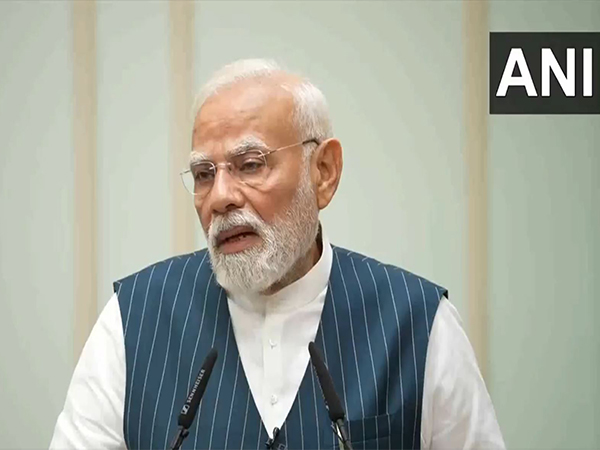India's GST 2.0: A Festive Reform with a 'Double Dhamaka' for All
Prime Minister Narendra Modi has announced the implementation of simplified GST reforms, termed as 'next-generation', starting September 22. Aimed at boosting India's self-reliance and economy, these changes include significant GST reductions on healthcare and insurance, promising broad benefits across society during the festive season.

- Country:
- India
Prime Minister Narendra Modi announced on Thursday that significant reforms to the Goods and Services Tax (GST), described as the 'next-generation' of economic changes, will take effect on September 22, coinciding with the start of Navratri. These reforms are positioned as crucial steps toward fortifying India's economy and promoting self-reliance.
Reinforcing his Independence Day message, Modi emphasized that India's progression in the global arena requires timely alterations, tagging the revamped GST as a substantial nationwide morale booster just ahead of Diwali and Chhath Puja. The simplified GST framework is expected to bring relief by reducing taxes on numerous items, which he believes will enhance the festive vibrance.
One of the transformational aspects of the new GST reform is the complete removal of GST on individual health and life insurance, previously taxed at 18%. This shift to a zero-tax bracket makes these services more affordable nationwide. Additionally, GST rates on essential medical goods have been slashed, marking this reform as a pivotal step to improve societal health and economic standing.
(With inputs from agencies.)










